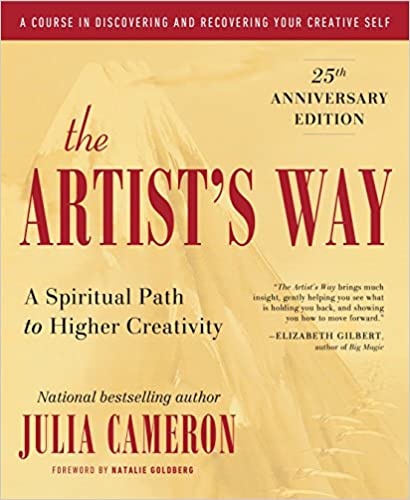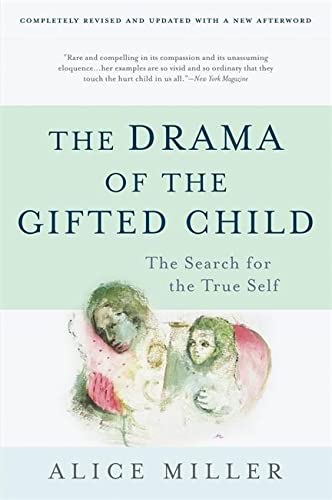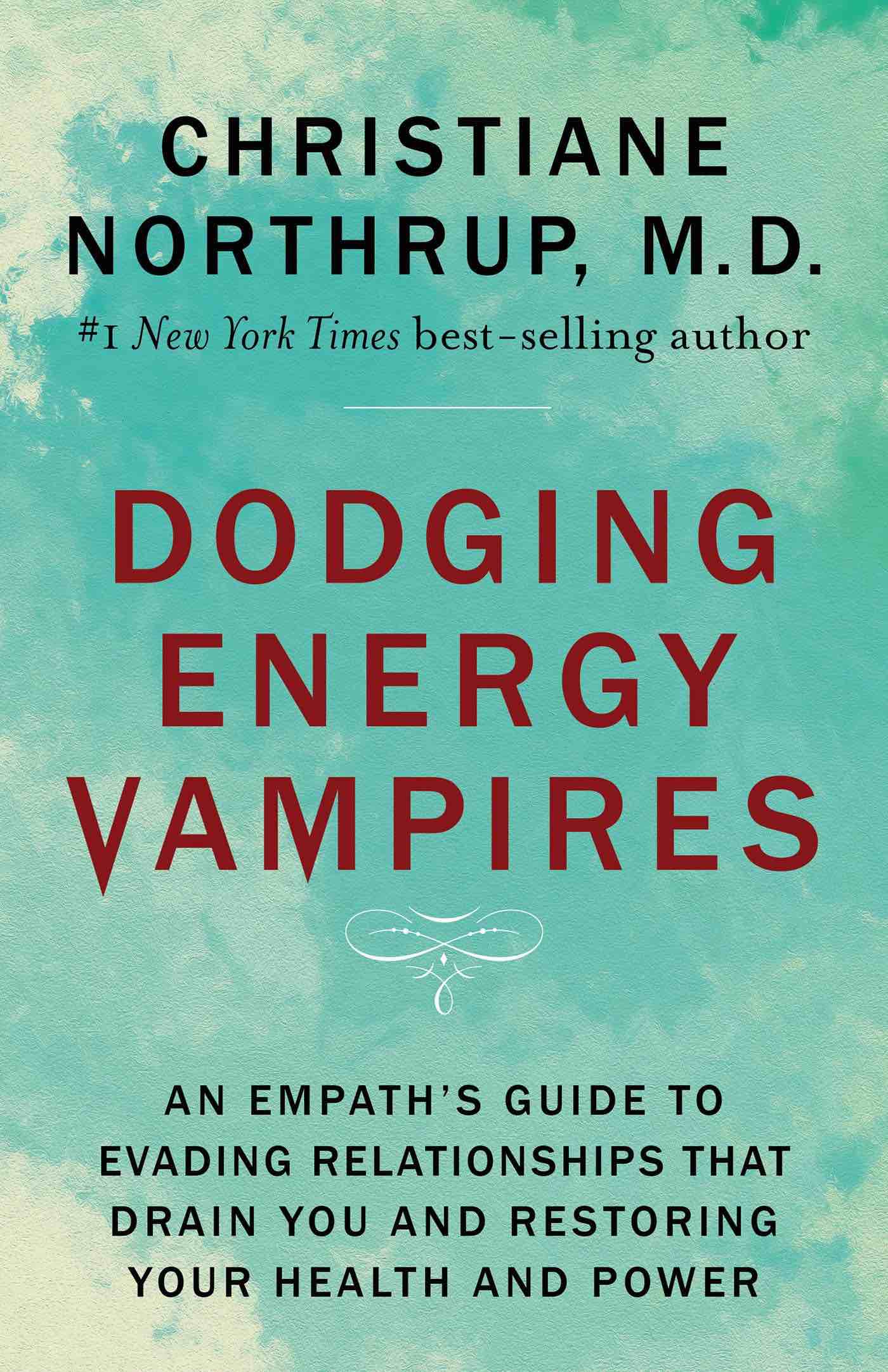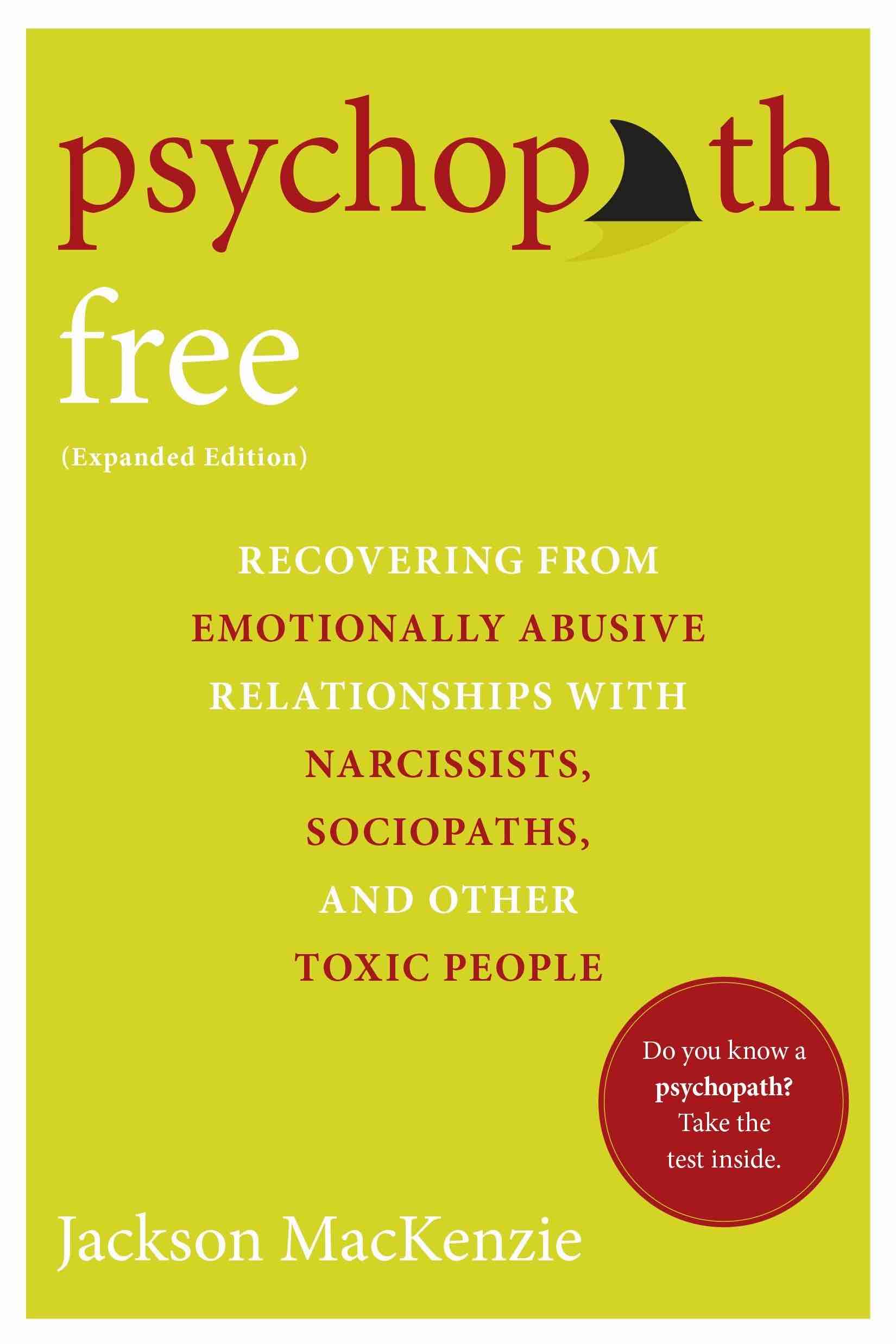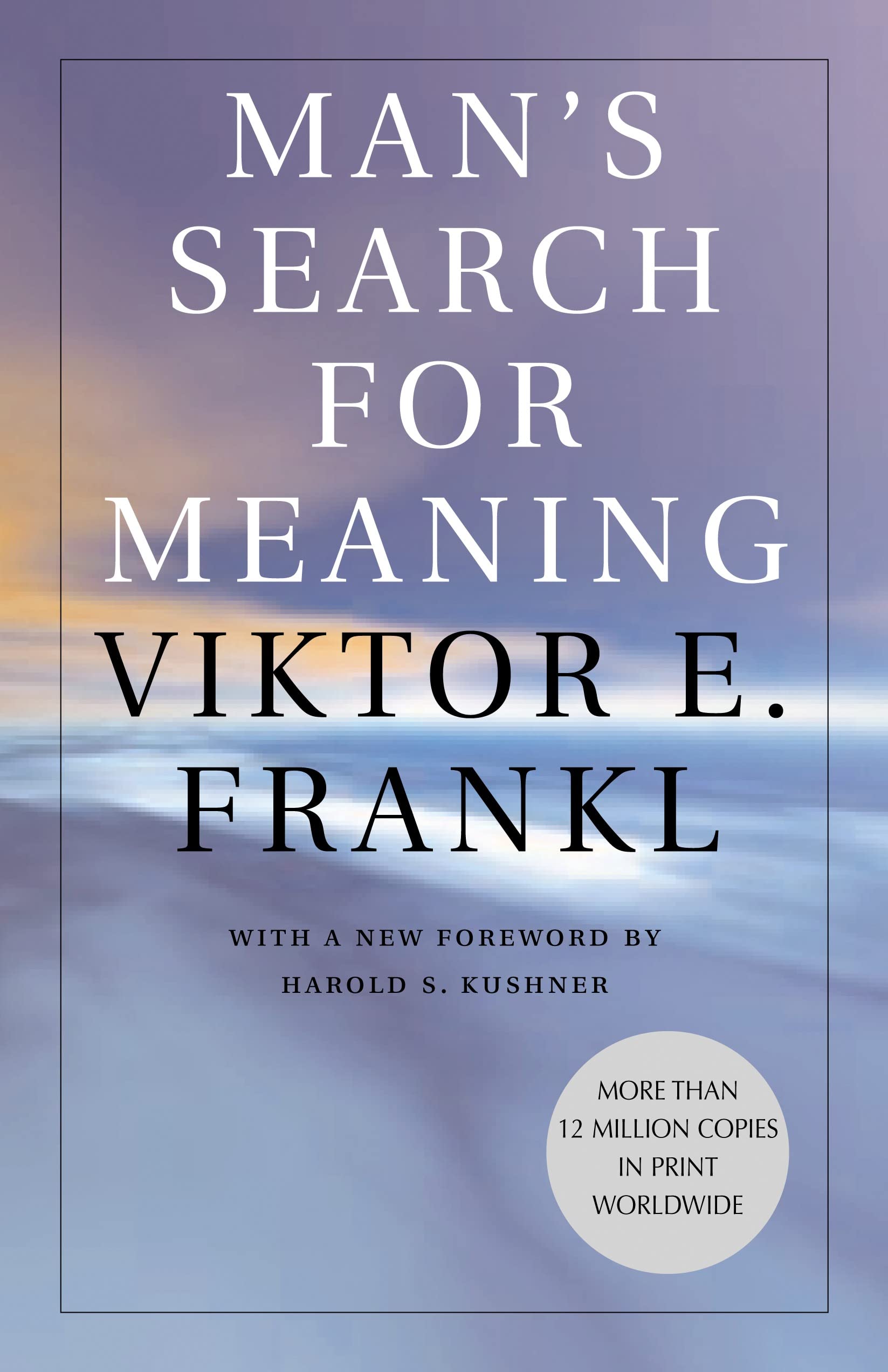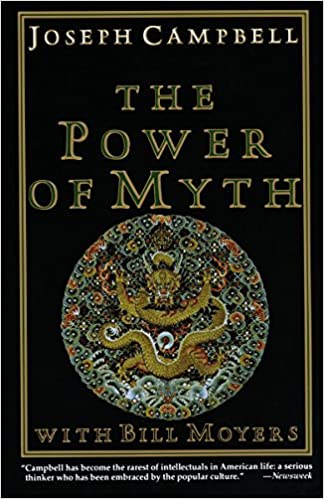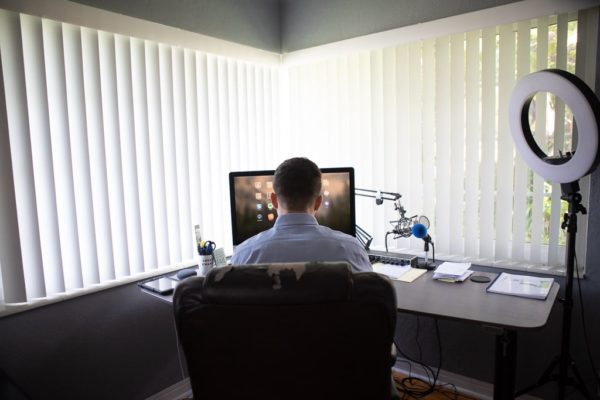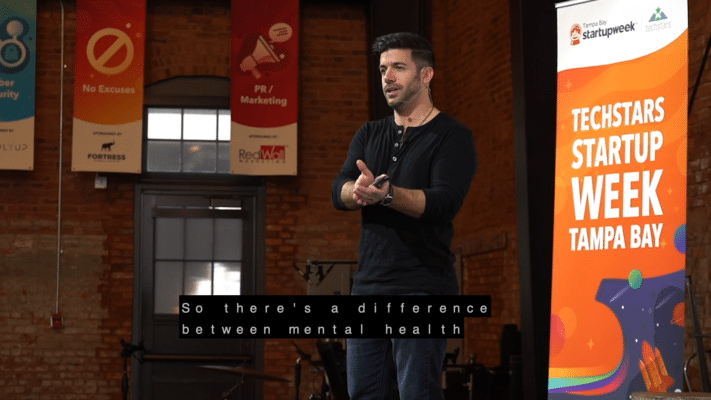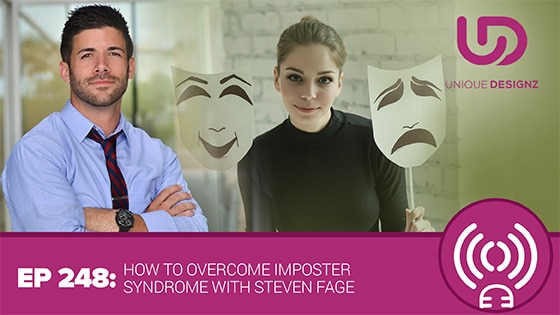YUP, Another Book List
Below is a list of books you may consider reading as you explore your path to better understand (your) TRAUMA.
- Click the book cover to find on Amazon (these are affiliate links, it supports the cause)
- If you’re stoked or curious about one of these titles, send me a DM on Instagram and we can nerd out about it.
Julia Cameron
“Do not expect your (creatively) blocked friends to applaud your recovery. That’s like expecting your best friends from the bar to celebrate your sobriety. How can they when their own drinking is something that they want to hold onto?”
Why this is recommended
- Before you dive into your journey to understanding Trauma and your past; it is critical to have a lifeline and journaling practice to keep you grounded as you begin to dig shit up.
- Is a guided 12 week course that is all journeyed through writing “morning pages”.
Listen to this episode if you want to learn more from my & guest’s personal experiences from The Artists’ Way.
Alice Miller
This bestselling book examines childhood trauma and the enduring effects it has on an individual’s management of repressed anger and pain.
Why this is recommended
- Very direct
- Makes connections to ho early childhood development and the dynamics with your mother have affected your entire life
- So much of what we do ad adults is driven by our desire to be seen and loved unconditionally.
- Healing this is possible.
Bessel van der Kolk M.D.
“Essential reading for anyone interested in understanding and treating traumatic stress and the scope of its impact on society.” —Alexander McFarlane, Director of the Centre for Traumatic Stress Studies
Why this is recommended
- Learn that Trauma is more of how you experienced/processed an event more than what actually happened.
- PTSD is not reserved for veterans. It can be caused by everyday events.
- Understand how the brain mechanically processes stimulation and applies meaning; including events that create traumatic imprints on our psyches
- Hang on tight, this is an intense jounrey
Christiane Northrup
“Essential reading for anyone interested in understanding and treating traumatic stress and the scope of its impact on society.” —Alexander McFarlane, Director of the Centre for Traumatic Stress Studies
Why this is recommended
- In order to understand how people/events have affected you in the past, you must understand why they act that way in the first place
- The question is; why have you tolerated this kind of behavior, this kind of energy suck in your life for so long?
Jackson MacKenzie
“… new chapters, updated content, and real survivor experiences—that will help you recover from emotionally abusive relationships with narcissists, sociopaths, and other toxic people.
Why this is recommended
- There are a number of personality traits that are consistent in “true psychopaths”
- We all have all of them
- The difference is the intensity of those individual traits
- You must be able to identify these traits in both yourself and those around you (especially if you find yourself tolerating abusive behavior)
Viktor E. Frankl
“A book for finding purpose and strength in times of great despair…?
Why this is recommended
- When looking back on your past, you must be able to find meaning in all that suffering
- Learn to put your feelings into perspective as you journey through Viktor Frankl’s experience in the WWII Concentration camps.
- If you can find the reason for your experiences; both “good or bad”… you can decide to use them for growth and empowerment.
Joseph Campbell
“The ultimate aim of the quest must be neither release nor ecstasy for oneself, but the wisdom in the power to serve others.
One of the many distinctions between the celebrity and the hero, he said, is that one lives only for self while the other acts to redeem society.”
Why this is recommended
- As this relates to trauma; will build your mental muscle for seeing life/messages as metaphorical rather than literal. You must learn to decipher your reality.
- The perfect intro into the world of Mythology, Archetypes, and Symbolism
- Teaches you to look at life/story as metaphorical over literal (it’s a superpower)
- It is critical to understand how humans respond to words and symbols of meaning, throughout history and today

